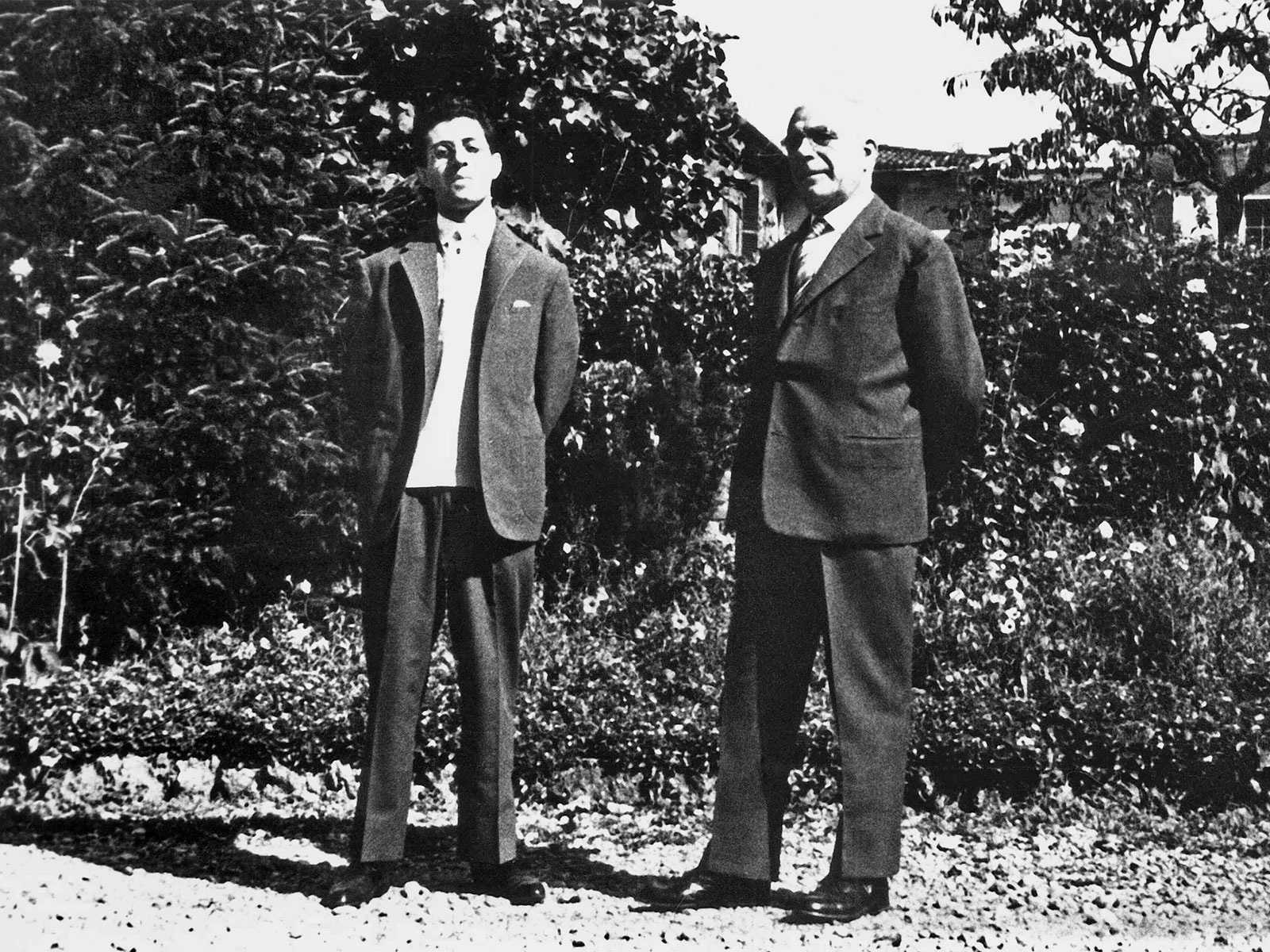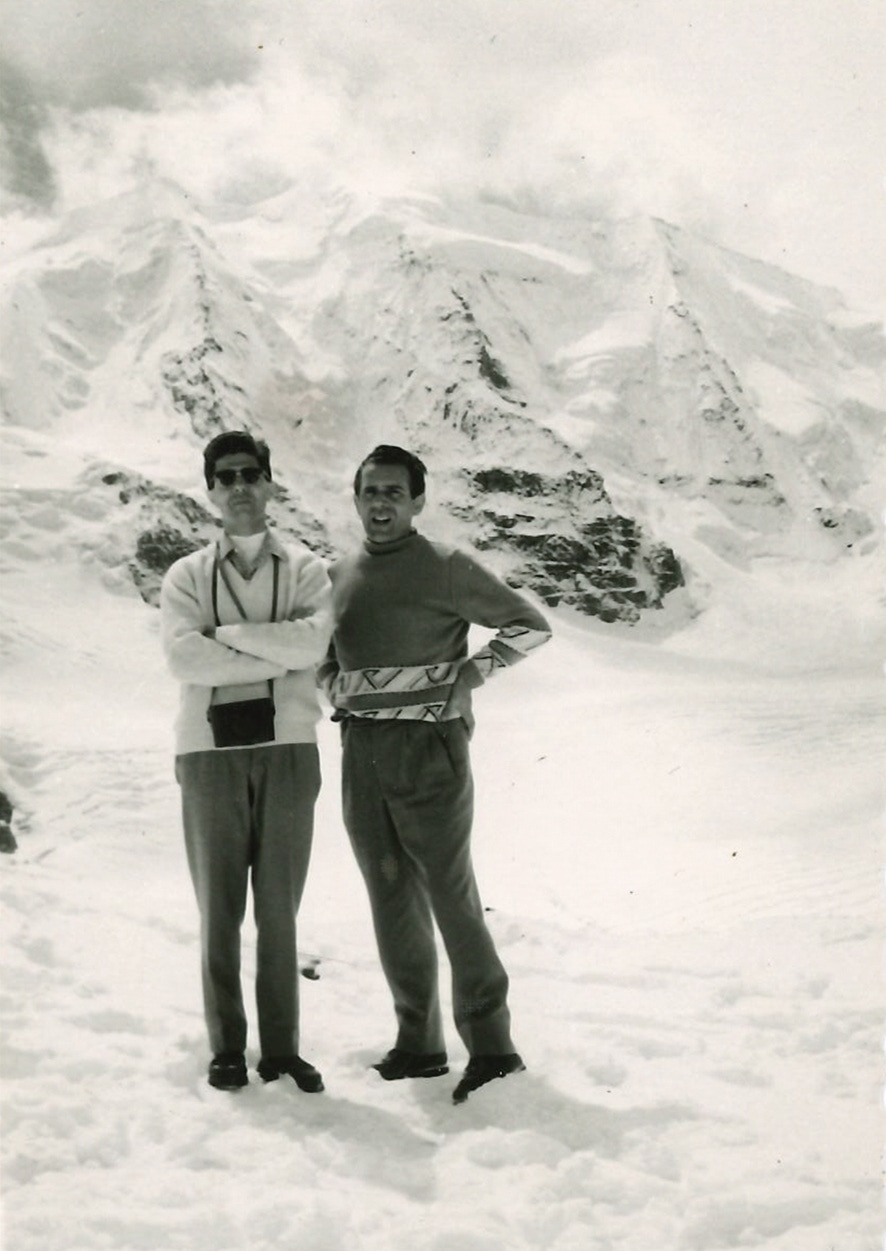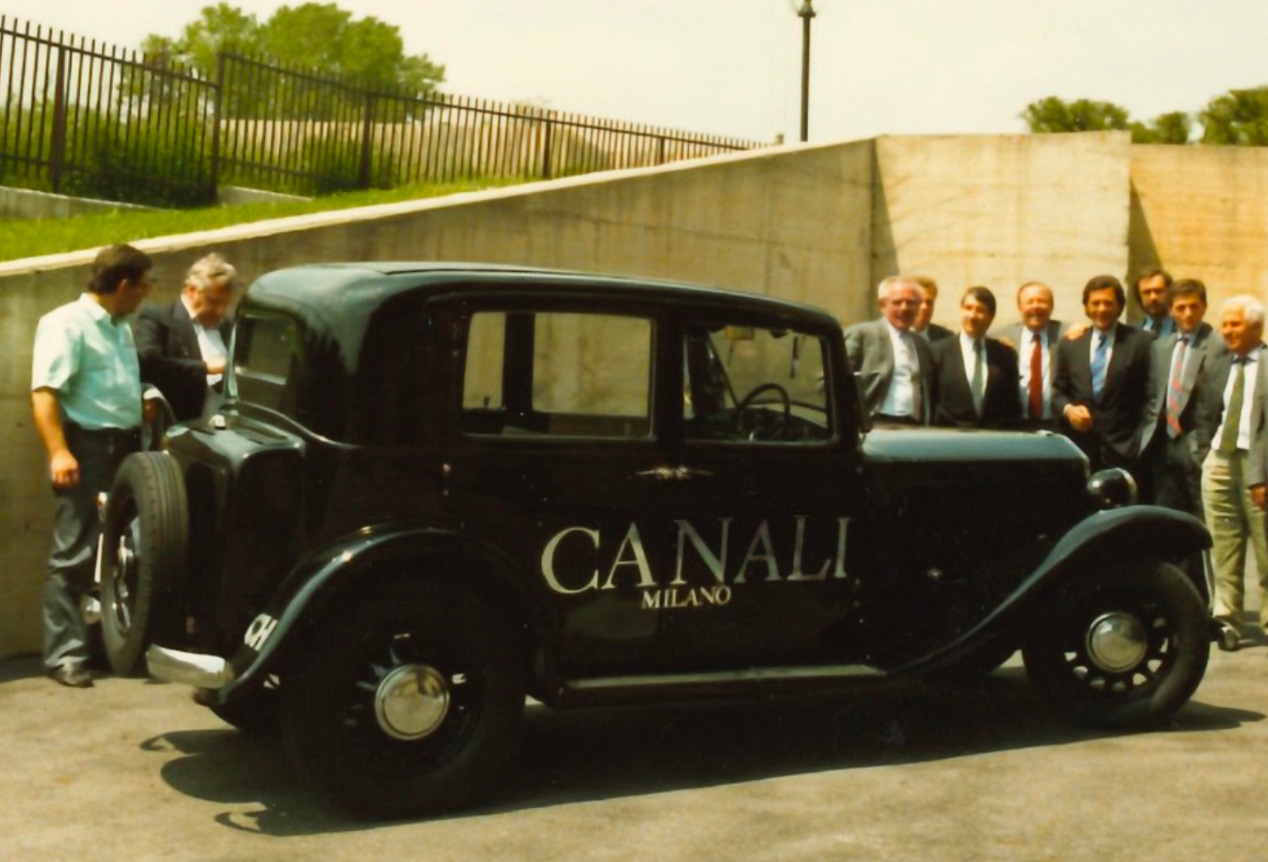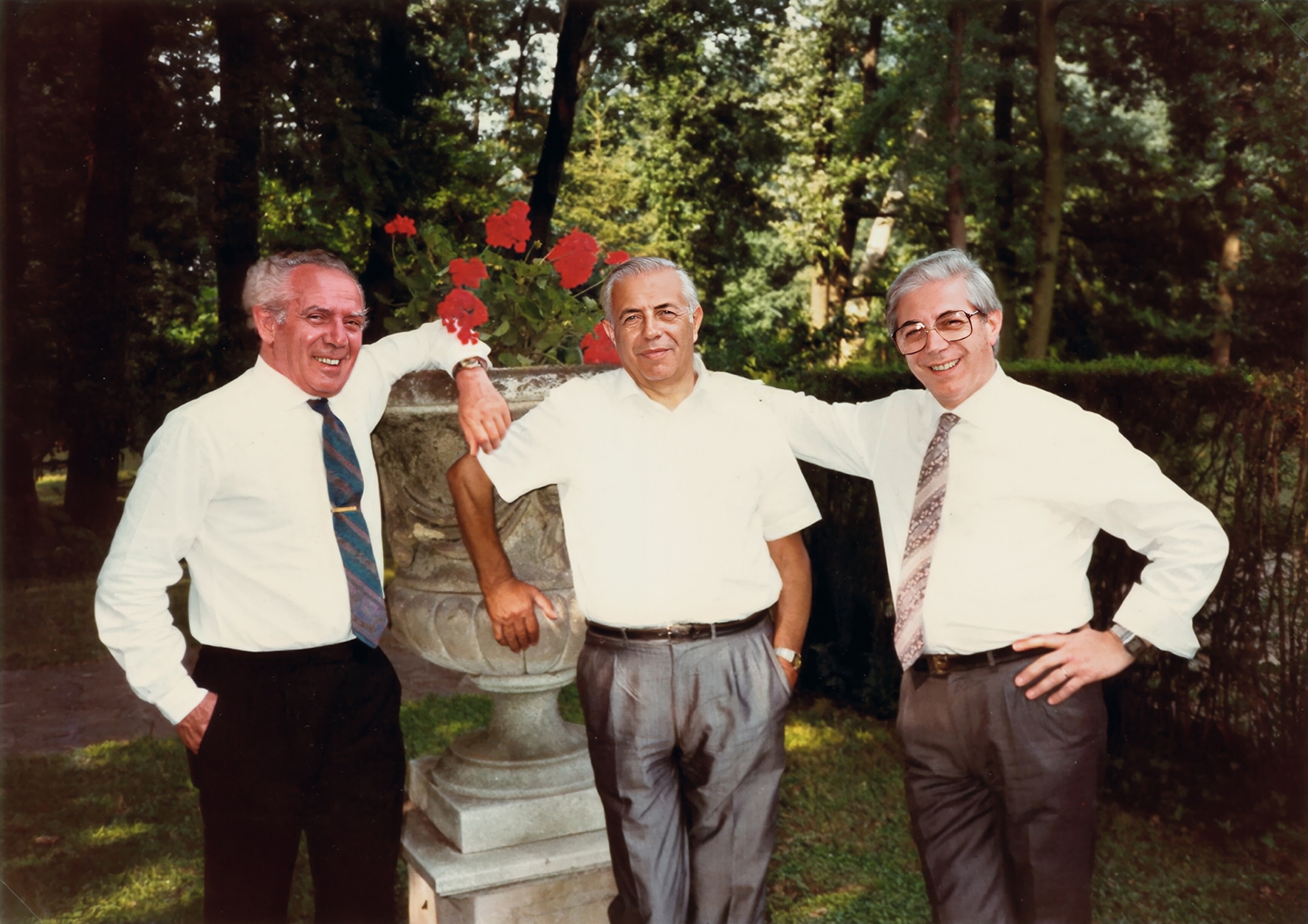Urbane Species: Canali on credibility, Italian "vestibilità" and their 90th anniversary
The human touch pervades every part of Canali’s operations. Stefano Canali, the C.E.O., talks to THE RAKE about industry credibility, the Italian concept of ‘vestibilità’, and the brand’s 90th anniversary.

We’ve all encountered them: those charismatic individuals who command a room’s attention without ever raising their voice, who exude — effortlessly, almost silently — imperious magnetism through every pore.
The apparel made by Canali is that person in fabric form. And if personifying clothing and its makers in this way seems a stretch, let’s examine the human traits that, over the nine decades since Canali were founded by brothers Giovanni and Giacomo (a fabric magnate and tailor, respectively), have propelled the brand from its humble beginnings to the menswear stratosphere. “Respect and responsibility are, first and foremost, the values of the Canali family, infused into the company ever since it was established 90 years ago in the Lombardy commune of Triuggio,” Stefano Canali, the third-generation Chief Executive, tells The Rake. “These values are interpreted and acted on by our employees on a daily basis. But it’s also about showing responsibility and respect towards the money our customers want to invest by buying a Canali product.
We try to make sure our heritage evolves over time, in accordance with the evolution of our customers’ needs.


Quality, at the end of the day, is a form of respect and responsibility towards the final consumer. Sustainability is also driven by these two values.”
Diligence, he says, is another part of the recipe that has seen Canali become a proud elder statesman of Italian style, now present in 150 outlets in 100 countries, with 1,400 employees — “my father and my uncles used to spend basically the whole week at our headquarters” — as has diligence’s elder cousin and role model, modesty. Stefano says: “Humility is very important, because no matter what happens out there, if you’re humble enough to consider that you still have important results to achieve, the chances are you’ll be able to fully commit to the pursuing of these results.”
Then there’s credibility: arguably the ultimate benchmark of a company’s relevance, and a quality that, Stefano says, is achieved by adhering to the basic principles of natural selection. Beneficial traits must be passed on, with new ones acquired, in order to adapt to changing environments. “A company that’s been around for 90 years has a very important heritage, its own DNA and history,” he says, “but heritage and tradition must never become a constraint. We try to make sure that our heritage keeps evolving over time, in accordance with the evolution of our consumers’ needs.” Canali’s ready-to-wear suits being fully canvassed is perhaps a prime example of this in action; another is the brand’s tweak of the smart-casual dichotomy in response to the post-Covid work-from-home trend.








In the style realm, Stefano believes, the past and the future must have a symbiotic relationship. “When you come up with strong ideas that you want to turn into something tangible, but you want to adhere to important heritage, you have to reinvent yourself while keeping true to yourself. If we came up with something totally different to what Canali is known for, we would end up being not credible.”
He describes this studied, controlled process of ongoing adaptation — “Evolution not revolution” — as “very difficult” but possible, and therefore non-negotiable. A ‘no excuses’ culture prevails, inspired partly by one of the Italian volleyball team’s former coaches, the Argentine Julio Velasco: “He was a very good coach, with a 360-degree approach. One day a player of his was complaining that, while serving, there was a light pointing at his eyes. The reply was, ‘The same problem would be faced by anybody else playing in that role during the match. Instead of concentrating on the problem, concentrate on the solution.’”
It’s a philosophy that finds its most coherent expression in the face of adversity: when Canali’s workshop and their production assets were destroyed in world war II, Stefano’s father and uncle saw that they could rebuild by catering to the growing global appetite for raincoats, and the Cafra brand (a portmanteau of Canali and Fratelli) — and with it the coolest anthropomorphic feline in history — was born. When supply-and- demand interplay demanded more prolific output in the 1970s, Canali became the first menswear house to use mechanised cutting machines; when Covid struck, Canali responded by launching their Anthology project, a series of 70 videos and 30 articles from the company’s history that acted as statements of hope and optimism. “People always come first,” Stefano says. “This is something we insisted upon during the pandemic. We made sure everyone working for Canali got full pay at the end of the month, even if these people were not working at all; we made sure that every single supplier got paid in a period where our stores were closed. By sticking to our principles, we felt we would be more credible in the following years, and that’s what exactly happened.” Indeed, few attentive industry observers were surprised when, late last year, Canali launched Care, a global initiative centred around employee wellness, philanthropy, and research and development that advances sustainability.












Canali sketches from the late eighties and early nineties, showcasing tailored suits with sharp silhouettes, broad shoulders and noteworthy lapels, reflecting the menswear aesthetics of the time. The designs emphasise luxury and meticulous attention to detail, key characteristics of the Canali brand throughout its history.
It’s equally unsurprising that Barack Obama, a man who brings credence and benevolence to the usually pseudoscientific concept of Alpha masculinity, is a brand aficionado. Check out the charcoal-grey two-pieces (or, in the post-presidential era, leather jackets) the 44th Potus has worn, and the way they interact with his movement — words like ‘cognisant’ and ‘sentient’ come to mind. Stefano can explain why: “We have a word in Italian: vestibilità — the idea of a suit fitting as a comfortable glove does when you put it on. It’s a consequence of the fabrics we use, the sartorial construction used in our crafting, the details of the way we stitch every piece together, the way the basting is performed on a curved surface, the way we press it, and the way, before even crafting the suit itself, we design and conceive garments. The final result is really the sum total of many different people thinking about details.” Indeed, the making of Canali’s jackets involves more than 200 steps, many of which require six months of training before they can be executed to the requisite standard.
Of course, there are other factors behind Canali’s product proposition, not least the country in which the clothing, and indeed the cloth, is made (90 per cent of the fabrics Canali have in their collections has been developed by suppliers from Biella). The brand’s contribution to the sartorial segment of the ‘made in Italy’ concept is striking. “Look at Milan, Naples or London, and keep in mind that, at the end of the day, the style a brand infuses into its product proposal is a consequence of the art that the brand itself lives and breathes on a daily basis,” Stefano points out.
But the Canali wares in your wardrobe are much more an expression of humanity, broadly speaking, than they are of a single nation. Their output, as they enter the final furlong leading to their centenary, brings fresh and profound meaning to the phrase ‘elegance comes from within’.






